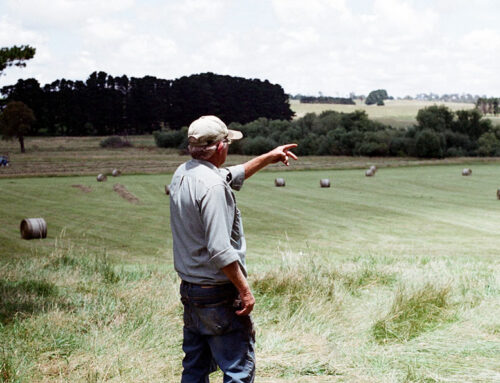A bill that would lay the groundwork for ag carbon markets by putting USDA in charge of certifying farm advisers and credit verifiers won easy Senate approval Thursday in a defeat for some progressives and fossil fuel advocates on opposite sides of the climate issue.
Senate Agriculture Chairwoman Debbie Stabenow, D-Mich., said that passage of the Growing Climate Solutions Act was a “landmark” step toward using agriculture and forestry to reduce U.S. greenhouse gas emissions and curb climate change.
The bill reached the Senate floor with a whopping 55 co-sponsors, and the Senate easily turned aside an amendment backed by the American Energy Alliance, an advocacy group for the fossil fuel industry, that would have stripped the legislation of the USDA certification program. AEA advocates for the fossil fuel industry.
The amendment, sponsored by Sen. Mike Lee, R-Utah, failed, 11-89, and then the Senate passed the legislation, 92-8.
Five of the Senate’s most progressive members, including Elizabeth Warren of Massachusetts and Bernie Sanders of Vermont, voted against the bill as well as three Republicans.
The bill now goes to the House, where Ag Committee members Abigail Spanberger, D-Va., and Don Bacon, R-Neb., have introduced a companion bill.
Opposition from conservatives and progressives could be a factor in the House. The Agriculture Committee’s top Republican, Rep. Glenn “GT” Thompson of Pennsylvania, said the bill “is a big-government solution in search of a problem. The consequences of government intrusion into voluntary carbon markets have not been adequately explored and Congress should continue educating itself and vetting these issues before legislating.”
During Thursday’s Senate debate, Lee argued that the USDA certification program would actually choke the development of carbon markets by slowing innovation. “This will ultimately only impose obstacles for farmers, ranchers and foresters,” he said.
But the bill’s chief GOP sponsor, Mike Braun of Indiana, said the certification program would “provide legitimacy to the trustworthy actors in the marketplace.” That, in turn, will make it easier for small farmers to participate in carbon markets, Braun said.
Stabenow said the bill would provide a “key piece of the enormous potential that land-based solutions have to solve this crisis.”
The legislation, which was originally introduced a year ago, was overhauled and expanded to bring on more Republican supporters.
Under the bill, USDA and the Environmental Protection Agency would first conduct an assessment of carbon markets before USDA moves forward with the certification program.
The bill includes several protections for producers, including a section that would require USDA to ensure technical assistance providers and credit verifiers provide farmers with realistic cost and revenue estimates. The USDA-approved technical assistance providers also would be charged with helping farmers, ranchers and foresters to “receive fair distribution” of the revenue derived from the sale of carbon credits.
An advisory committee would be established with extensive authority to shape certification requirements and responsibility for continually reviewing the program. The majority of committee members would have to be farmers, ranchers or private forest owners.
And to address concerns of minority farmers, committee members representing research universities would have to include one from a historically Black institution, and one of the three representatives from civil society organizations would have to include a representative of minority farmers.
Numerous progressive groups, including environmental groups such as Friends of the Earth, opposed the bill but their criticism gained little traction with Democrats. In a letter to lawmakers in April, the groups said the legislation would “allow greenhouse gas emissions to continue unchecked and would undermine efforts to build a healthy, sustainable, and resilient food system.”
In addition to Warren and Sanders, the other senators voting against the bill were Cory Booker, D-N.J., Ed Markey, D-Mass., Jeff Merkley, D-Ore., Josh Hawley, R-Mo., Jim Inhofe, R-Okla., and Lee.
The bill has broad backing from farm groups.
The bill “acknowledges the potential of climate-smart farming while ensuring farmers would be respected as partners who can build on our strong foundation of environmental stewardship,” said Zippy Duvall, president of the American Farm Bureau Federation.
National Farmers Union President Rob Larew said the bill “will facilitate farmers’ participation in carbon markets, granting them greater access to the financial incentives they need to invest in climate-smart agricultural practices.”
A budget watchdog group said existing USDA programs encourage risky farming practices and that Congress should focus on that instead getting involved in carbon markets.
“While private sector efforts to compensate farmers and ranchers for sequestering carbon have merit, taxpayers and agricultural producers would be better served if Washington focused on reforming existing federal programs instead of layering additional climate and carbon sequestration policies on top of a broken system.” said Josh Sewell, senior policy analyst for Taxpayers for Common Sense.










